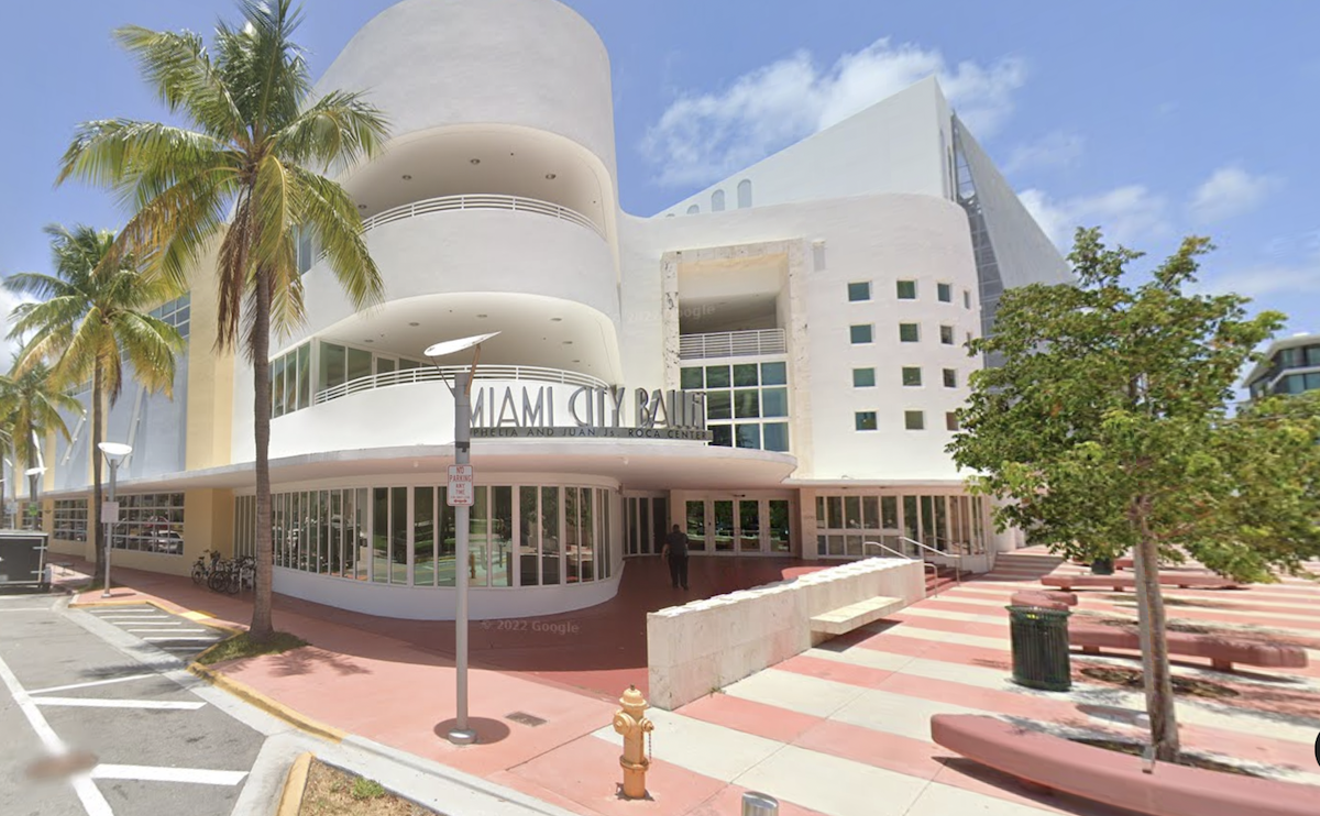Per the Times, five anti-embargo activists received visits from the feds. All five activists who spoke with the Times said they'd expressed virtually identical political positions and, in response, were rewarded with FBI interviews. Speaking to the Times, Florida ACLU director Howard Simon said he was worried the FBI was crossing the line between investigating criminal activity and probing political dissidents.
"Over decades of dealing with issues of political surveillance, my concern is the F.B.I. is supposed to operate with a pretty firm line between investigating criminal activity and investigating political activities,” Simon told the Times. “It is not a crime in America to be pro-normalization, pro-dialogue with Cuba.”
The FBI hasn't directly commented on the visits. But the feds have suggested in the past that their targets are actually Cuban spies in Miami, and those visited said they had the sense they were being interviewed regarding their communications with Cuban government officials in what they say were innocent and legal talks.
After a brief thaw, relations between the United States and Cuba have broken down once again under Donald Trump, who quickly rolled back Barack Obama's diplomatic rapprochement. Those relations were even more strained as the feds alleged that U.S. diplomats, beginning in 2016, were victims of a bizarre and largely unexplained sonic and/or microwave attack that left them with brain injuries.
Intelligence officials have repeatedly changed their tune as to both the manner of the attacks and alleged perpetrator. After initially blaming the Cuban government, intelligence officials now claim the attacks might have come from Russian agents. A University of Pennsylvania bioengineer recently wrote in a Scientific American op-ed that he found the claims of a "microwave weapon" to be "wildly implausible," though he did not rule out something else nefarious might have happened.
Either way, relations are tense, and the activists who reported receiving visits from the FBI said they weren't exactly given warm hospitality. One woman, Elena Freyre, runs an anti-embargo activist group called the Foundation for the Normalization of U.S.-Cuba Relations ("ForNorm," for short), which argues it's more beneficial to both American and Cuban citizens if the two nations are able to work alongside each other. She told the Times she thought the visit from FBI agents bordered on "harassment." She said that she refused to speak with the federal agents but that another member of her organization said he thought the Bureau was trying to recruit him to inform on other ForNorm members. The FBI did not deny visiting the activists.
Freyre became a prominent media figure during the 2000 Elián González affair and says she received death threats for advocating that the boy
"This child became a trophy,” she told WLRN in 2015. “It was horrendous, truly.”
Freyre has, more recently, shared Cuban state-media articles on Twitter.
Another man the feds reportedly contacted, 70-year-old psychiatrist Julio V. Ruiz, has also worked closely with ForNorm over the years and has signed his name on multiple ForNorm news releases. One statement released last year condemned Trump's reversal of Obama's Cuba thaw.
One other activist has been a target over the years. Silvia Wilhelm, the founder of the exchange program Cuba Bridges, has faced persistent allegations she's a Cuban agent. In 2006, after Florida International University professor Carlos Alvarez pleaded guilty to acting as a Cuban spy, he was outed as having taken trips through Cuba Bridges. Chris Simmons, the U.S. Defense Intelligence Agency (DIA) analyst who helped catch convicted Cuban spy and DIA double-agent Ana Belen Montes, publicly accused Wilhelm of being a Cuban agent as well. Wilhelm sued Simmons for libel and settled the case out of court in 2009, according to El Nuevo Herald.
The activists said the agents were cagey about their intentions and gave only their first names. The FBI then handed some of the
A copy of a brochure posted on the FBI's website warns citizens that spies might be trying to "elicit" information from them without their knowledge. The brochure warns FBI subjects that foreign spies could be siphoning valuable information from them without giving off so much as a hint.
"It is not uncommon for people to discover information about a person without letting on the purpose," the brochure warns under a headline blaring "ELICITATION IS NOT RARE."
The feds aren't targeting every group advocating for warmer relations, though. A member of another Cuban exchange program tells New Times the group has so far not received similar visits from the FBI. The organizer says the group did not want to be named publicly because of the sensitive relations between the United States and Cuba.
And no doubt Miami has been a hotbed for Cuban spying. A group called the Cuban Five was infamously convicted of spying for Fidel Castro in 1998, though New Times in 2009 interviewed activists who believed that the feds hit the group with extremely trumped-up charges to make a political example out of it. In 2010, New Times published a long-form profile about Juan Pablo Roques, whose ex-wife Ana Margarita sued the Cuban government after Roques fled to the island nation and announced he was clandestinely working for Castro.
But Miami also has just as often, if not more often, been flooded with CIA, FBI, and other federal agents who've launched all sorts of cockamamie schemes to pin negative stories on the Cuban government. Said schemes include admittedly placing propaganda in the Miami Herald and debating whether to stage a false-flag bombing in Miami to blame Castro for the deaths. New Times earlier this year reported on a plot by the United States to spread propaganda inside Cuba using "non-branded" Facebook accounts. America's history of scheming has made it difficult for people on all sides of the debate to trust anyone here anymore.
If you've received a surprise visit from FBI agents, email [email protected].











